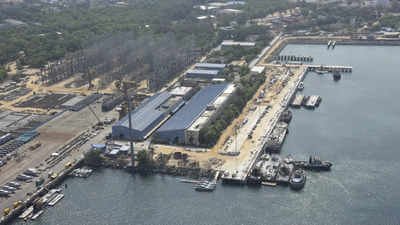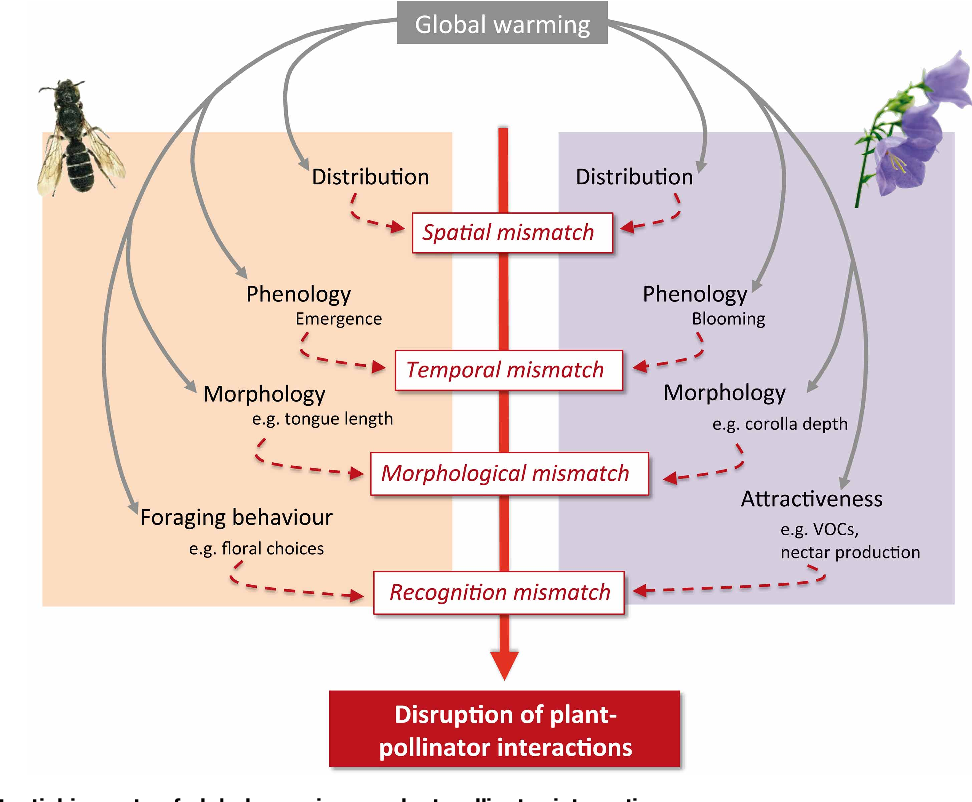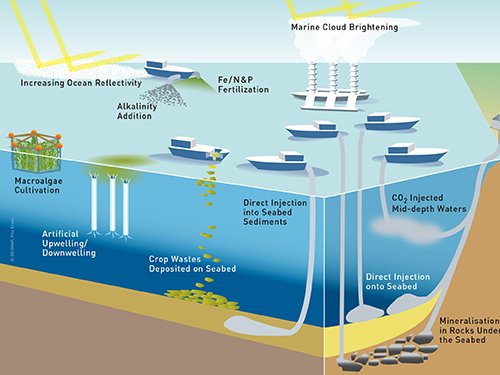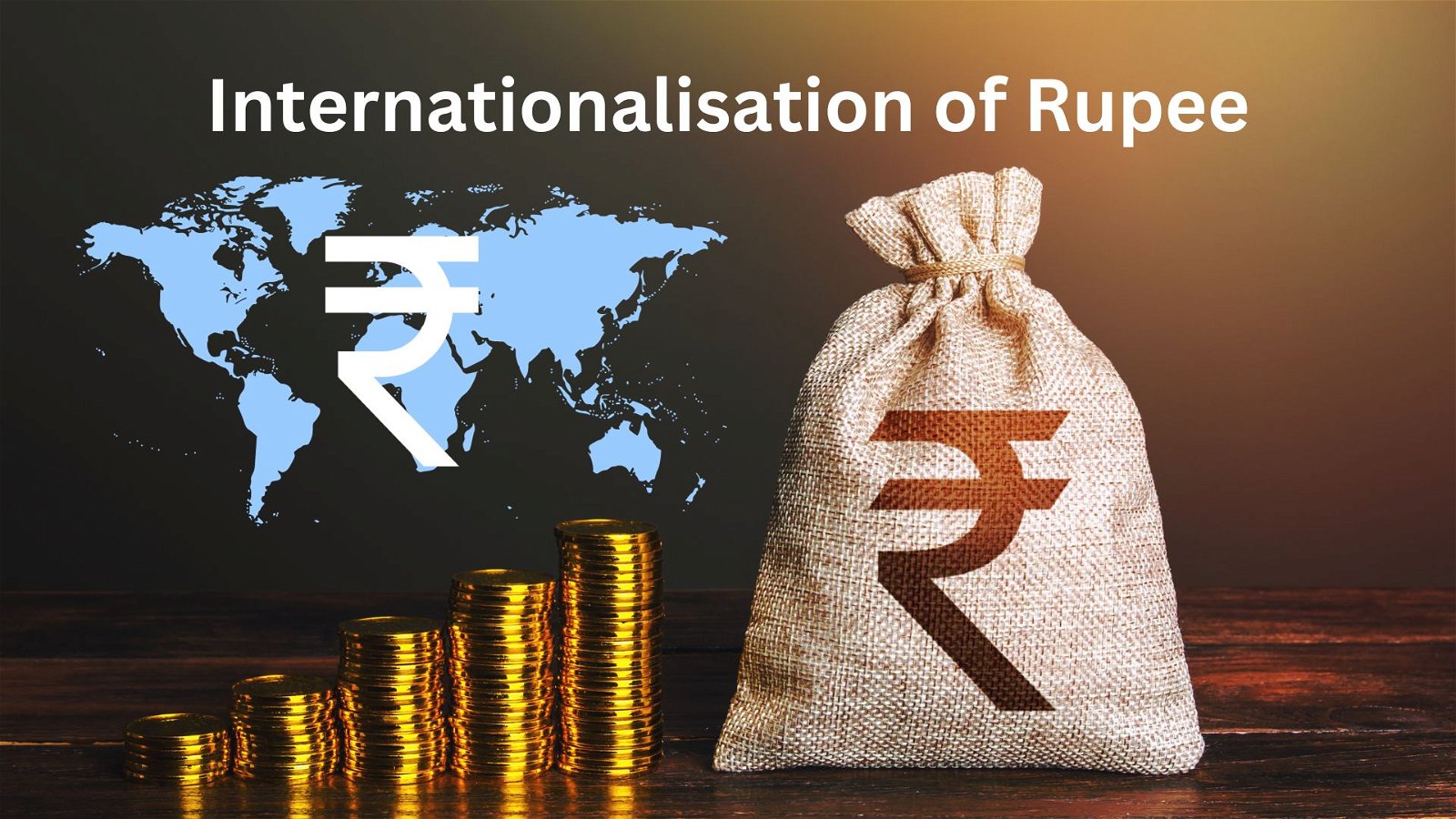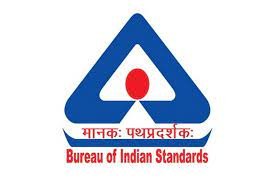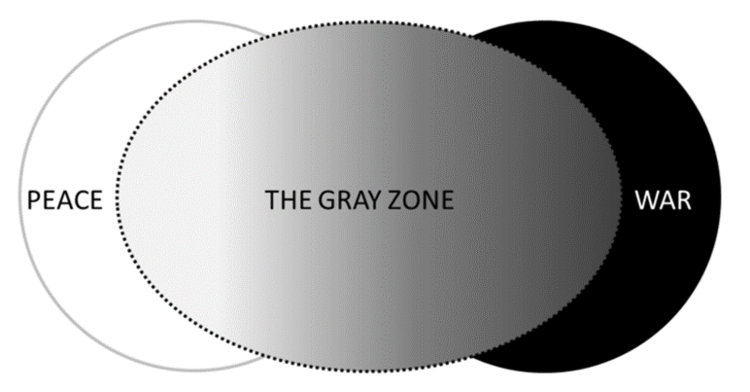
End of the Era of Hyperglobalisation
Subscribers of "Current Affairs" course can Download Daily Current Affairs in PDF/DOC
Subscribe to Never Miss an Important Update! Assured Discounts on New Products!
Must Join PMF IAS Telegram Channel & PMF IAS History Telegram Channel
- Context (IE): The era of hyper-globalisation seems to end.
War and Economy
- Economic impossibility: In 1910, a book argued that the sheer extent of financial and commercial interdependence between countries made conflict futile.
- World War I (1914): The theory was proven wrong and ended the first “golden age” of globalisation.
- Between 1870 and 1914, world trade in goods surged from 9% to 16% of GDP. This was a period of internationalisation of economic and social life, referred to as the golden age of globalisation.
- World War II: In 1939, the share of merchandise trade in global GDP collapsed to 5.5%.
Theories of International Manufacturing
|
Era of Hyperglobalisation
- Between 1990 and 2008, global trade in goods soared from 15.3% to 25.2% of world GDP.
- Inclusive of trade in services, the increase was from 18.8% to 31.7%.
- In this era, China emerged as the “world’s factory” and a “mega-trader”.
- It was an era of trust, where American iPhones were produced in China, and Russia supplied 40% of European gas consumption(2021).
- Two wars reversed the trend: Protectionism (China-US trade war and semiconductor chip restrictions) and the Russia-Ukraine war reversed the trend.
- That world – “happy age”, as Keynes would have called it – came to an end in 2022 with two wars, upending the assumption of “doux commerce”.
|





![PMF IAS Environment for UPSC 2022-23 [paperback] PMF IAS [Nov 30, 2021]…](https://pmfias.b-cdn.net/wp-content/uploads/2024/04/pmfiasenvironmentforupsc2022-23paperbackpmfiasnov302021.jpg)
